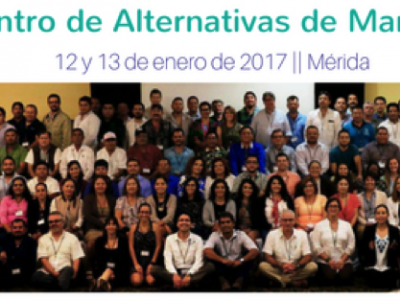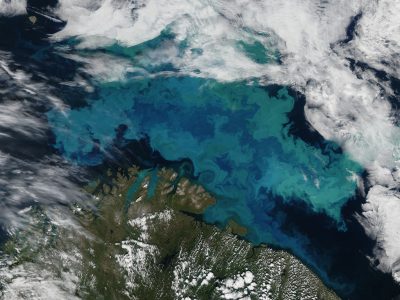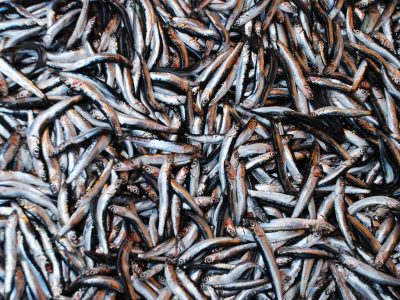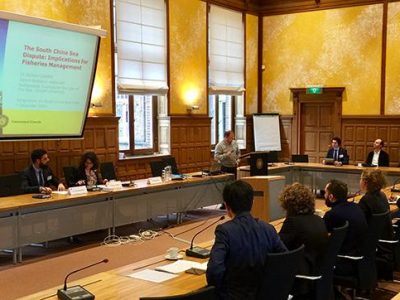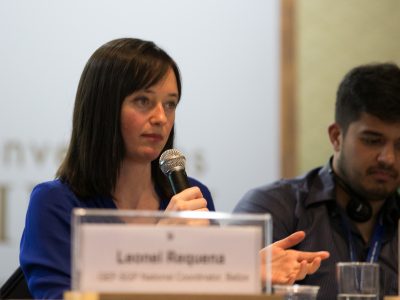Finding economics-based solutions to sustainable fisheries: the VII Meeting of Fisheries Management Alternatives
by Andrés M. Cisneros-Montemayor, Nereus Program Manager & Research Associate
Throughout Latin America (and in much of the world), clear signs of overfishing and deteriorating fishing communities, together with decades of research and conservation efforts, are perhaps creating a turning point towards the widespread desire for policies to achieve sustainable fisheries. Each sector has a distinct set of responsibilities that they must be held to account for, even as we keep listening to and recognizing each other and the value that everyone brings.



